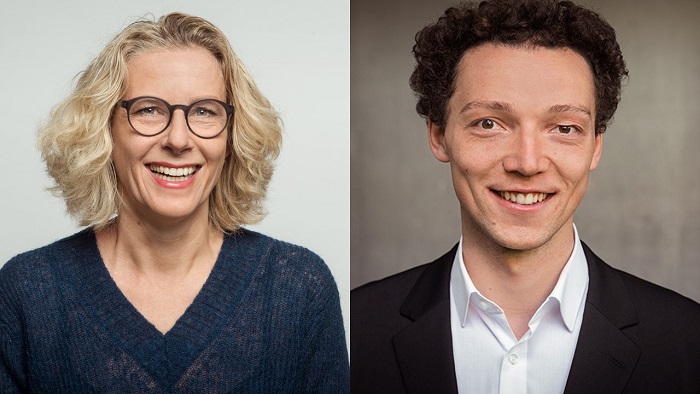The climate crisis, in its complexity and with its far-reaching effects, is a global issue. Steps taken to combat this crisis require international cooperation. For this purpose, various conferences, negotiations, and agreements take place at the United Nations level, forming what we call the climate regime. Understanding the background, development, and possible problems of the climate regime is the aim of the seminar “Climate Diplomacy”. During the course, students learn about the climate regime within a larger geopolitical context. In doing so, they critically engage with different agreements and analyze them from various viewpoints.
The seminar is complemented by the personal experience of the lecturer, Prof. Dr. Streck. Students benefit from valuable insights into the inner workings of the climate regime that come from her involvement in various international climate conferences and negotiations. Prof. Dr. Streck is co-founder and director of the consultancy Climate Focus and an honorary Professor at the University of Potsdam. In her opinion, this seminar is a worthwhile addition to the curriculum, as the global cooperation necessary for solving the climate crisis requires an understanding of global political, economic, and historical context. She highlights the importance of learning about climate diplomacy in an interdisciplinary study program. This is due to the fact that the climate crisis necessitates a restructuring of society, which is only possible if people from different disciplines come together and “learn to speak a common language”, says Prof. Dr. Streck.
Climate Policy and Instruments
One discipline that plays a key role in any international issue is economics. This holds true for the climate debate, as well. In the “Climate Policy and Instruments” seminar, students learn about economic causes of climate change and how different policies can address these market failures. For instance, regulating markets via the introduction of carbon prices can be a way of limiting further increases in emissions. During the seminar, students analyze the efficiency, fairness, and feasibility of carbon pricing and other policy instruments. Overall, the course provides a brief introduction to economic concepts and showcases current research topics at the intersection of climate, economics, and policy.
Dr. Meya, who is the guest lecturer of this seminar, works at the interface of economics and natural science at the German Centre for Integrative Biodiversity Research Halle-Jena-Leipzig. Thus, he speaks from experience when he says: “Economic thinking is very prominent in the public and political climate debate. Therefore, it is also important for natural scientists to understand the economic arguments for climate protection.” In his view, the seminar complements the natural science courses of the study program by adding a policy-oriented perspective.
Together, the two new seminars provide a comprehensive introduction to climate politics and economics. These topics clearly sparked interest in many students - the seminars were so popular that they were held twice in the last winter semester. Given the importance of the course content and the popularity among students, these seminars will remain part of the Elite Graduate Program “Global Change Ecology” curriculum in the coming years.
Text: Elina Rittelmann, Elite Graduate Program “Global Change Ecology”


